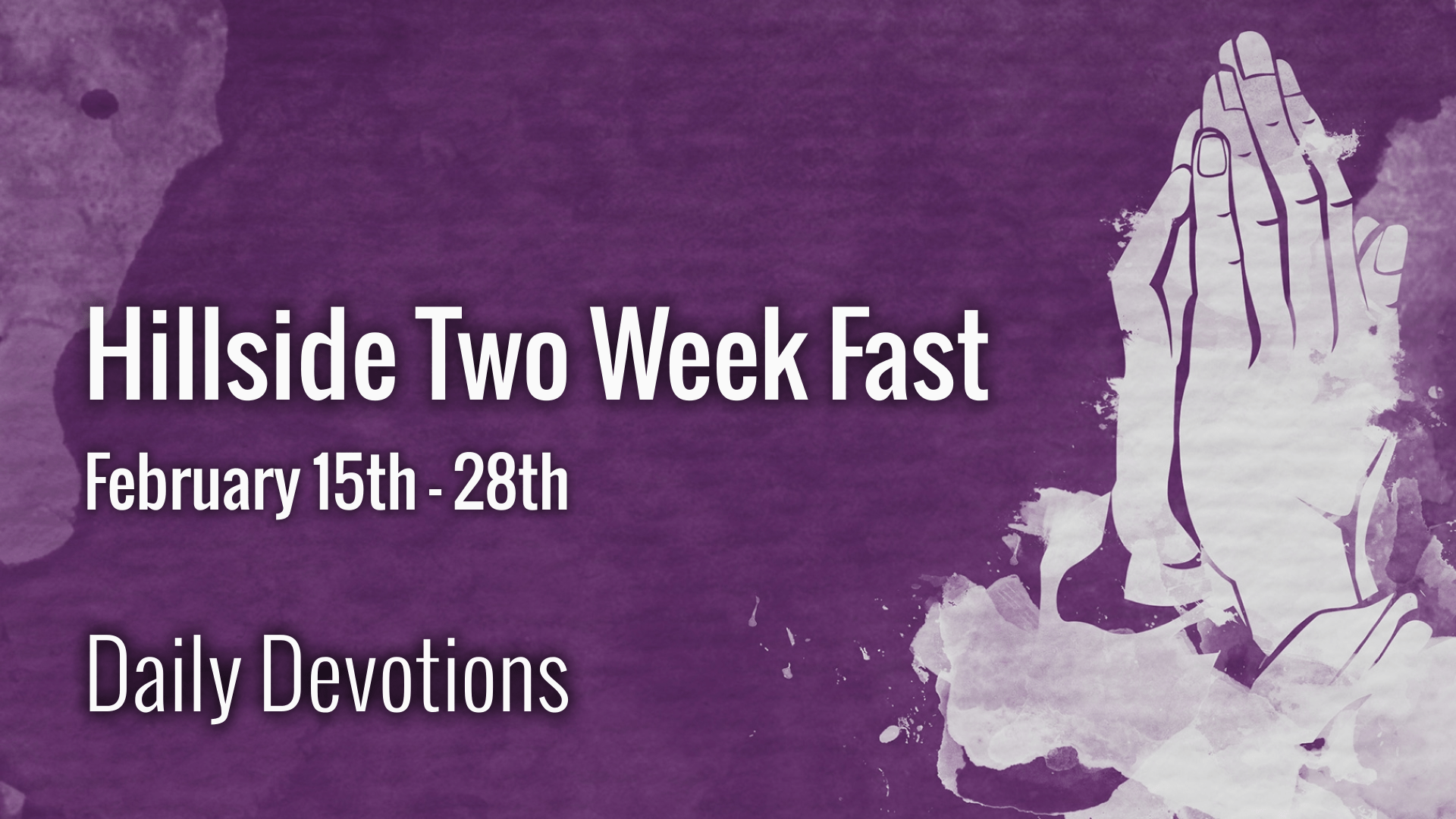
Todays Reading: Matthew 22:1-14
Matthew Chapter 22 opens with the Parable of the Wedding Feast. The ESV translation text is included below.
22 And again Jesus spoke to them in parables, saying, 2 “The kingdom of heaven may be compared to a king who gave a wedding feast for his son, 3 and sent his servants[a] to call those who were invited to the wedding feast, but they would not come. 4 Again he sent other servants, saying, ‘Tell those who are invited, “See, I have prepared my dinner, my oxen and my fat calves have been slaughtered, and everything is ready. Come to the wedding feast.”’ 5 But they paid no attention and went off, one to his farm, another to his business, 6 while the rest seized his servants, treated them shamefully, and killed them. 7 The king was angry, and he sent his troops and destroyed those murderers and burned their city. 8 Then he said to his servants, ‘The wedding feast is ready, but those invited were not worthy. 9 Go therefore to the main roads and invite to the wedding feast as many as you find.’ 10 And those servants went out into the roads and gathered all whom they found, both bad and good. So the wedding hall was filled with guests.
11 “But when the king came in to look at the guests, he saw there a man who had no wedding garment. 12 And he said to him, ‘Friend, how did you get in here without a wedding garment?’ And he was speechless. 13 Then the king said to the attendants, ‘Bind him hand and foot and cast him into the outer darkness. In that place there will be weeping and gnashing of teeth.’ 14 For many are called, but few are chosen.”
As we read this text, we need to break down the metaphor within the parable. To start, let’s identify a few of the characters. The king represents the heavenly Father, God. The son for whom he is throwing the feast is Jesus himself.
The metaphor becomes slightly more complex when we start examining the wedding guests. The initial invitees, who decline to come to the wedding represent the Jews who did not choose to follow Christ. God pursues these guests through his servants, the prophets, and as we know, many of the prophets suffer at the hand of unfaithful Israel. When Israel doesn’t respond to his summons, God then sends his servants to those who were not initially invited, the Gentiles. The gentiles are represented by the guests who are invited in from the main roads.
We then see the king, God, challenge a guest at the wedding who does not have a wedding garment, and why should he? Wasn’t this person invited to a wedding from off the street? How could he be expected to be wearing wedding-appropriate attire if he was just going about his daily business? This confusion is understandable if we are taking this parable at face value. The wedding in question isn’t just any wedding, however. It’s the wedding of Christ and his bride, the Church, which will come at the end of the age when Christ returns. The wedding garment in this case, is our faith in Jesus Christ. If we accept Jesus Christ as our lord and savior, and acknowledge that he died for our sins, we have donned our wedding attire. This is cause for great celebration, and we should rejoice that the Lord has invited us to be with him in his Kingdom. It should also call us to be a witness and spread this word to others, so that they might be clothed in wedding garments as well when Christ comes to claim his bride.

